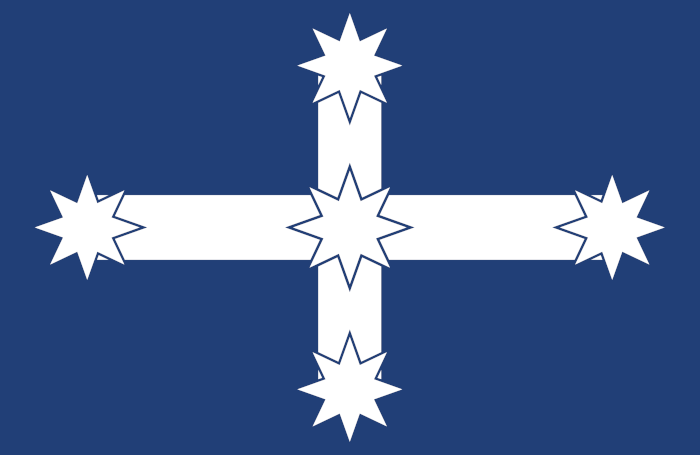Our vision of a republic must be an all-encompassing one
October 21, 2024
While most of us are fixated on why the King needs to travel to this country with his own supply of fresh blood or how many pomps his ceremonies will need, there are more serious issues raised by the visit to Australia of Charles Mountbatten Windsor, who by birthright holds central powers in Australia’s constitution.
Predictably the official Australian Republic Movement has welcomed this as the last tour of a reigning monarch, dubbing it the ‘Farewell Tour’. They did this for Elizabeth’s last visit and no doubt they will do it for William’s when he is king – unless something seriously radical changes in the republican movement.
We were told there would be an upwelling of republicanism after the death of the much-respected Elizabeth Windsor. There wasn’t; in fact the opposite occurred.
The official republicans are rolling out the same trope, hoping against hope, that Charles and Camilla’s visit will reignite the desire for a republic among Australians.
There are two chances of this, Buckley’s and none.
For decades now the ‘official republicans’ have pursued the most minimal and miserable of strategies for a republic – just change the head of state. But what if we don’t need a head of state at all? Switzerland does very well without one.
If we look at the upcoming US presidential elections, staking all on what is effectively an elected monarch every few years isn’t a highway to democracy, but some other place we don’t want to go.
There are two central problems with the ‘official’ republicans. One, their ‘republicanism’ is no such thing, but more of a poorly organised cultural cringe. Second, they actually want to maintain elements of monarchism in the Australian constitution.
The minimalist ‘republic’ on offer from the ARM neither inspires nor suffices.
We saw this in 1999 during the republic referendum, resoundly rejected by the Australian people. It was a masterstroke of divide and conquer by then prime minister John Howard, who offered up a choice between the unelectable and the unacceptable.
The ‘republic’ on offer back then retained the royal prerogative in the constitution, albeit administered by some figurehead that happens to live in Australia.
What no one dares asks – and what could light a fire under the movement for a genuine republic in this country – is do we really need a head of state at all?
The official republicans are fixated on the head of state question, reducing what a republic is to whether the residential address of a ceremonial ribbon-cutter is in London or Canberra.
If this is their republican vision, it is no wonder it receives a royal yawn from most people.
But of course, a king, governor-general and most presidents are not merely ribbon-cutters but retain powers to dismiss elected governments or override legislatures.
Just look in France where Emmanuel Macron this year completely ignored the outcome of elections to the National Assembly, where the left parties came out on top, and appointed a rightist prime minister.
Rather than sovereignty resting in a monarch – whether elected as a president or inherited as a king – sovereignty should rest with the people through their parliament.
Any ceremonial functions could fall to the office of the Speaker of the House of Representatives and the elected head of government.
By fixating on a minimalist change – merely swapping out ‘King’ and ‘Governor-General’ for ‘President’ – the official republicans have been selling us all short.
Writing more than 20 years ago in the aftermath of the last failed minimalist push for a ‘republic’, David Malouf wrote in the Quarterly Essay in 2003: “Any argument [for a republic] based on the need to make a final break with Britain will fail. The republic will be accepted because we need, as a society, to reinforce our bonds with one another, not break our bonds elsewhere.”
This is truer now than before as society feels even more fragmented.
Australia cannot become a republic by default. Republicanism must become a popular movement for extending our democracy throughout society, only then can it inspire real change.
And to inspire such change, our vision of a republic must be an all-encompassing one.
A year on from the Voice referendum it is clear that any democratic changes must be relevant to all Australians, that’s why a republican movement must campaign for reconciliation and Treaty with the First Nations.
A truly democratic republic could end the burdensome and archaic colonial system of federal states and incorporate a vision of a country that is comfortably at home in Asia and not bound into military servitude with Anglophone nations on the other side of the world.
Such an expansive vision might take time to build support for, but it is a strategy to build a real movement for change to win a freer and more democratic country.
Now, wouldn’t that be something.
